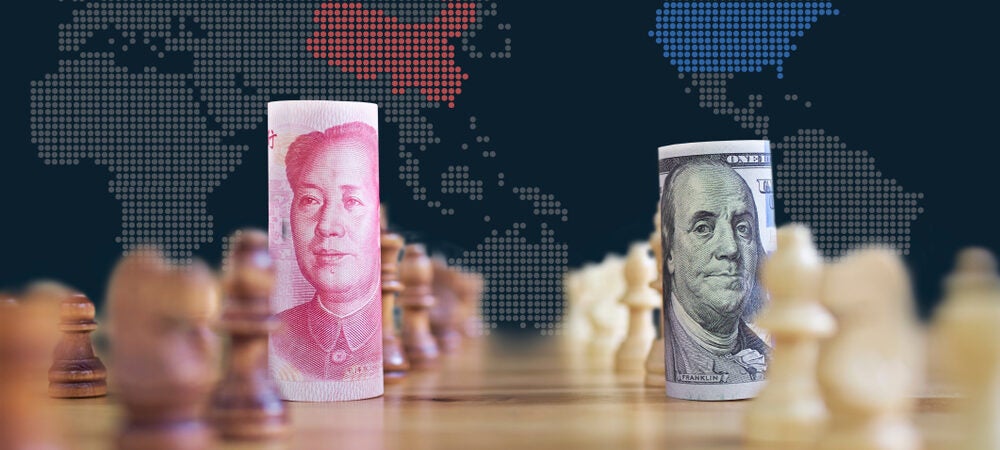The importance and innovativeness of this research lies in the fact that it reveals the potential implications of the increasing protectionism between the United States and China. First, it emphasizes the importance of “factor specificity” (a new theoretical term) in the demand for trade policy. Some factors have retained their existing uses. Factor returns are therefore not equalized throughout a region’s economy, but are industry specific. Trade policy coalitions should be formed along the lines of exporting versus import-competing industries. Understanding the choice between liberal and protectionist trade policies is therefore crucial at the theoretical level.
What is at issue is how to recognize the type of power or rule at play. First, the level of resources that can be achieved by a given government has to be investigated. How much more income an authoritarian government can generate through protectionism depends on how corrupt it is compared to its democratic trading partner(s). It will also appropriate some part of that income. Secondly, any government, whatever its political system or power structure, is susceptible to pressure from special interest groups, including regulated labor. No government, no matter how authoritarian, can subordinate these groups unless it transfers some of the income generated by its protectionist policies to them.
The close relationship between democracy and economic growth is worth noting. Examples of open societies stimulating economic growth are not hard to find. This is especially true in the case of highly developed and urbanized countries. Pressure groups potentially have more influence over the government in a developed democracy. Research shows that trade unions help accelerate economic reforms. The benefits of liberalizing international trade are greater when the protected sectors of the economy are unionized. The growth of import abilities leads to a decrease in wage pressures. If the trade unions accept this, then labor can be more efficiently allocated. This is true in the case of both active and passive trade unions, although active trade unions obviously achieve better results.
Increasing interdependence has led to greater competitiveness and more inducements to resort to strategic trade policy. Trade policy assumes further significance in the economic battle of valiant liberal reformers in their fight against self-dealing rent seekers profiting from inconsistencies in the transition economy. Many of the client policies that shelter rent seekers are impossible to maintain in the face of international competition. On the other hand, high tariff walls, export licensing, and artificial exchange rates provide numerous sources of rents for businesspeople out to promote their own loyalties.
The reduction or elimination of trade restrictions significantly stimulates world trade and conversely, foreign trade is an important factor driving the economic growth of individual countries. However, it should be stressed that free trade is not the sole contributing factor to economic growth; macroeconomic stability and investment are more significant.
It has to be stressed that if unemployment is increasing and/or inequality widening while global supply chains are expanding and multiplying, and if most voters attribute the former to the latter, then governments may well refrain from pursuing further international trade liberalization and might even find protectionism alluring. another possibility would be for governments to use more intensively public policies for protectionist purposes. as for trade negotiations, focusing exclusively on the increased efficiency resulting from opening up trade is no longer possible. Distribution and labor-market effects also need to be considered and various measures proposed in order to win the electorate over to open trade by bilateral agreement, especially at times when global supply chains are expanding and multiplying.
As global supply chains have expanded and multiplied, the formulation of new theoretical models of the firm have made it possible to explore the effects that differences in firms have had on the political economy of trade. It has to be stressed that opening up trade has had two opposing effects on domestic firms in the same industry. First, the cost of exporting decreases, which obviously allows more firms to export and increases the sales of established exporters. Secondly, competition increases, which harms domestic firms. which of these opposing tendencies prevails for an individual firm depends on such characteristics as size. as a result, lobbying competition arises not only between sectors but also within sectors with the inevitable result that there are winners and losers. This might especially be the case when costs are fixed, because barriers to entry are raised, thereby shielding existing producers and exporters from competition.
Current trends in international business and global politics provide evidence that emerging markets have finally made their presence felt on the world economy, bringing new patterns of uneven development, inequality and injustice in their wake. Their newly confident elites, now active on global circuits of trade, investment and finance, and in global governance, appear to have shed their previous roles. It is clear that emerging economies have suffered less severely and recovered more quickly. Moreover, it now seems that the political impact is not so much immediate crisis measures, but significant, long-term and unexpected policy shifts.
The_new_protectionism_between_the_USA_and_China_an
To read the full paper, please click here.

